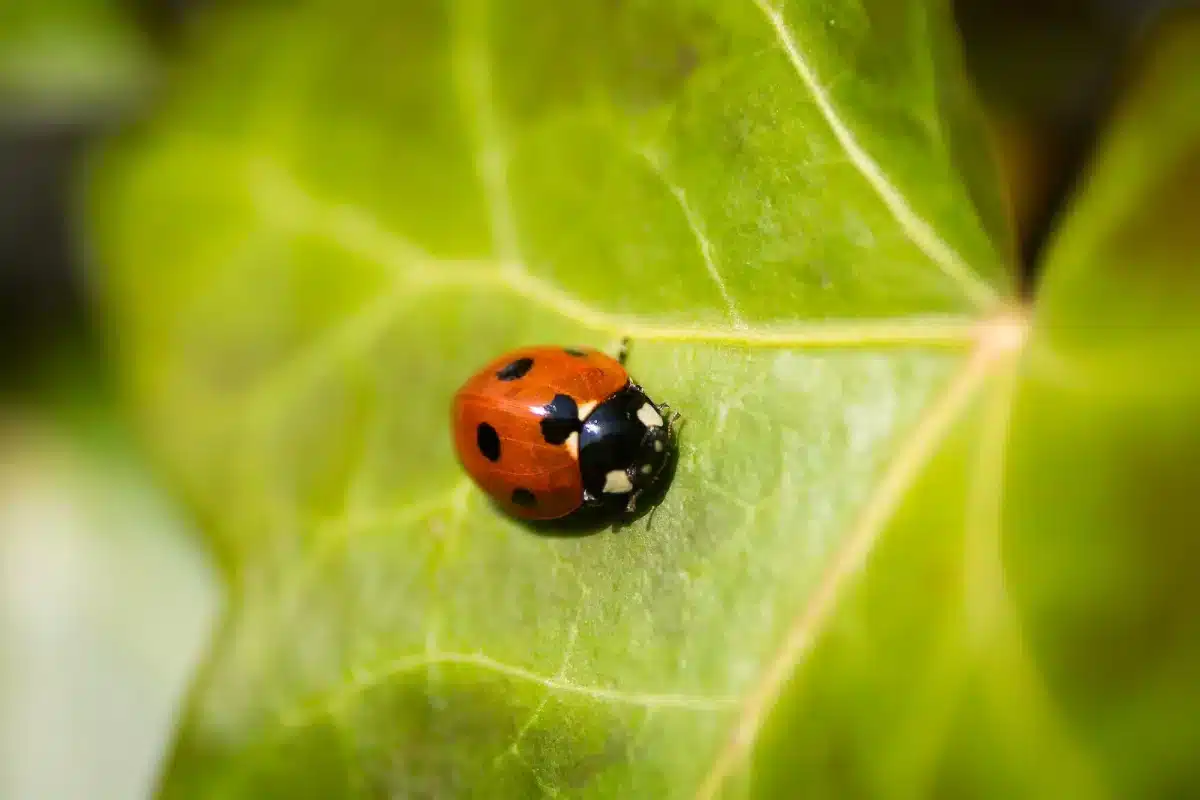In the July 2020 issue of FarmBiz magazine, Johan van der Waals, Real IPM Technical Manager, explores the effect that invasive plants have on soil health. Although many invasive species have little to no negative impact on soil health, it’s clear that certain species can be detrimental.
Invasive plants can have negative impacts on:
- Biodiversity
- Growth of surrounding or affected plants
- Water quality
- Soil health.
In this blog post, we summarise some of van der Waals’ key points on the effect of invasive species on an area’s soil health.
Firstly, what is an invasive plant?
An ‘invasive’ plant and an ‘alien’ plant are not the same thing. ‘Alien’ simply means non-indigenous or exotic; whereas invasive plant species displace indigenous species and can also have a negative impact on the growth and yield of ‘beneficial’ alien species, like foreign plants grown for commercial purposes.
Since invasive species have no existing natural predators, they are able to thrive and start to out-compete the native species.
| Researchers predict that non-native species introductions will increase globally by around 36% during the first half of the 21st century. Source |
The specifics of soil health
The composition and characteristics of natural soils will vary significantly due to localised variations in:
- Climate
- Geological zones
- Topography
- All living organisms
- Landscape age
- And more …
Thus, every soil has a specific set of characteristics that make it ‘healthy’ and optimised for indigenous plant growth. That’s why the introduction of invasive plant species can upset this balance and have a detrimental impact on soil health and, therefore, on plant and animal species too.
The benefits of bacteria and bugs
One of the defining features of any healthy soil is an active and diverse soil microbiome, which should contain an array of fungi, bacteria and other organisms that play critical roles in plant health.
- Improve a plant’s capacity to develop roots
- Improve nutrient access and uptake
- Suppress pathogenic organisms
- Help plants develop healthy above-ground structures.
The health of the soil and its microbiome content are interlinked – diverse organisms are a sign of a healthy soil, but they require a suitable soil structure in which to live.
Interrupting invasives
Certain invasive plant species systematically degrade soil health and change the soil microbiome by altering fungal and bacterial associations. They also contribute to soil acidification, and because they compete with other plant species, they decrease diversity both above- and below-ground.
| Beware the Black Wattle! The Black Wattle is an example of an invasive species that has a detrimental impact on soil health. Look where Black Wattle proliferate, and you may notice that other plant species have disappeared completely. Also noticeable is the degeneration of organic matter content and soil structure. |
It is up to landowners and managers to be aware of the negative impacts of invasive species and take steps to minimise them through dedicated land management along with the introduction of regenerative agricultural practices such as:
- Minimising tillage
- Crop covers
- The improvement of the soil biology through beneficial organisms and amendments.
Get in touch with the Zylem team to find out more about our regenerative farming solutions. Contact us on 033 347 2893 or send your enquiry to [email protected].

